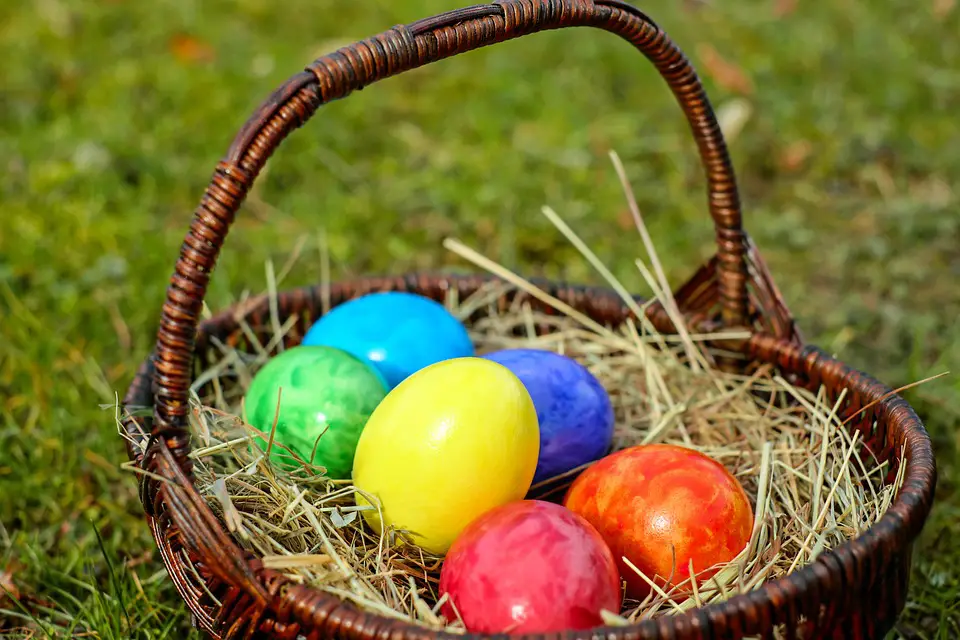Easter is a holiday that many have celebrated for centuries. It is primarily a Christian holiday that marks the crucifixion of Jesus and his resurrection. But people take it as a chance to take a break after the hectic start of a new year.
Children are very excited about the Easter bunny and the Easter egg hunt that comes with it. But have you ever asked yourself how this all came about? Are Jesus’s crucifixion and resurrection connected with bunnies that give Easter eggs? How does this all tie in together for Africans? Let’s have a look at how Easter’s African roots started.
The roots of Easter
As we all know, traditions evolve with time, and as people move around and migrate and people integrate, practices begin to merge. This is what has happened with the tradition of Easter.
Also read: Why African Easter Is Different From That In Europe
The death of Christ took place during the time the Jews practised their Passover feast. In the Bible, this is what is loosely translated to be Easter. However, the term Easter was not originally a Christian term but a pagan ritual practised by the Babylonians, which occurred around the same period as mentioned before; traditions have merged since then. There is a lot of Western influence when it comes to the merging of these traditions. But the true roots of the essence of Easter come from Africa. Are you shocked? Don’t be.
The Easter Egg

Easter Egg hunt.[Photo: Rising Sun Overport]
The Christians in the East who came in contact with the Egyptians and Persians who celebrated this exchange of decorated colourful eggs then adopted this tradition and linked the egg as a symbol of new life, the resurrection of Christ. A new life that comes from an egg symbolizes Jesus is rising and emerging from the tomb. As the Europeans came to Africa and found these traditions, they assimilated them to become theirs.
The bunny
This, too, was derived from ancient African beliefs. Rabbits were always linked to fertility in African traditions, given their gift to reproduce quickly and bring forth life. This is why the egg and the bunny have become symbols of Easter. Jesus rose after three days, and therefore, the very fertile bunny delivers the eggs that represent new life.
A considerable claim thought that the Easter celebrations that we now adhere to were then constructed and set in stone by the Roman Empire, who then took it upon themselves to put their stamp and date on when the world should observe Easter Sunday. This is why throughout the world, Easter is celebrated on a Sunday and no other day. However, you will find that going back, the dates of Easter on the Egyptian calendar were not fixed but followed mainly the moon phases, so it was not as specific as it is now.
Also read: Experience Electrifying Easter Traditions In Africa
As Africans, we can be proud to claim Easter as our tradition because it stemmed from us and then adapted into everyone else’s lives around the world. Despite the politics involved in what Easter is now, its roots are still deep here in the cradle of humankind. You would even be surprised that even the origins of the day we celebrate Christmas also stem from African roots. But that is a lesson for another day.
Happy Easter to Africans and the rest of the world!!








